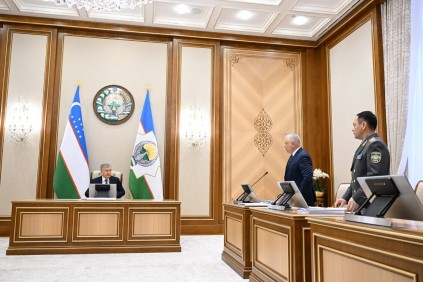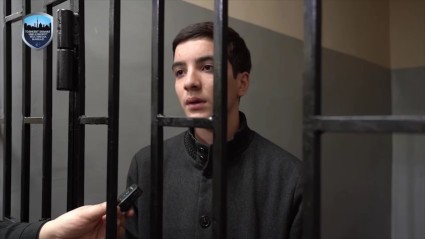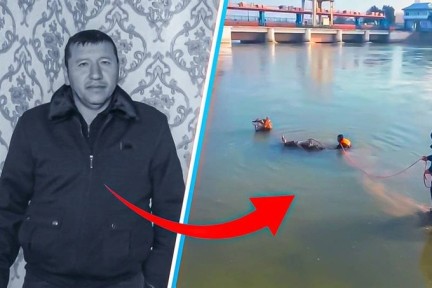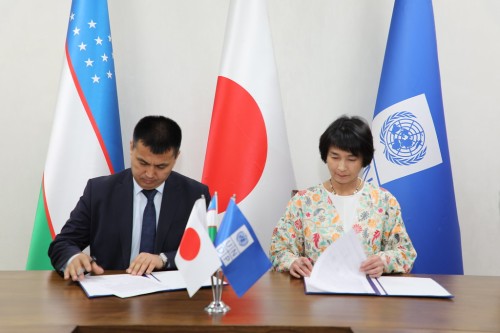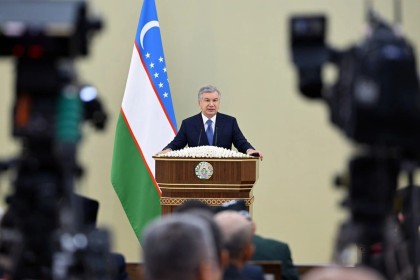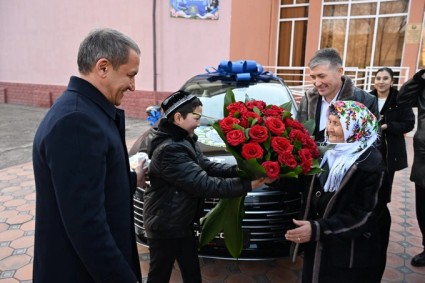It is planned to introduce into the Uzbekistan legislation the liability for admitting nepotism when hiring and to expand the circle of relatives who are prohibited from working together in a government organization. A draft bill on this was developed by the Anti-Corruption Agency and was posted for public input until November 30.
The agency’s director, Akmal Burkhanov, said that the purpose of the bill is "to prevent such a corruption-generating factor as nepotism when hiring to civil service, as well as to establish liability for such cases."
According to the draft, the clause “prevention of nepotism and other abuses in ensuring employment of the population” in the Employment of the Population Law is planned to be added to the list of basic principles in this area (Article 5) to the list of basic principles in this area (Article 5).
The draft also proposes to modify the Article 79 of the Labor Code "Restriction of the joint service of relatives at a state enterprise".
Currently the wording of the article is: “Joint service at the same state enterprise of persons who are closely related to each other (parents, brothers, sisters, sons, daughters, spouses, as well as parents, brothers, sisters and children of spouses) is prohibited. if their service is related to the direct subordination or control of one of them to the other. Exceptions to this rule may be imposed by the government. "
The proposed wording: “Joint service in the same state enterprise of persons who are closely related to each other (direct line) or matchmaking (great-grandmothers and great-grandfathers, grandparents, parents, sons and daughters, grandchildren and great-grandchildren, spouses, and also parents, brothers, sisters of spouses and their children), if their service is connected with the direct subordination or control of one of them to the other”.
In addition, the draft is proposing to prohibit the joint work in state organizations of persons who are in a lateral relationship (brothers and sisters, their children, brothers and sisters of parents, their children, brothers and sisters of grandparents, their children), if their work is connected with direct subordination or control of one another.
The civil servant will have to notify the head of the government agency that he is working together with a relative within 10 days from the moment the civil servant became aware of this.
If this case is revealed after an employment contract is entered into with an employee, the employer will have to take measures to transfer one of the related employees to another equivalent position, not related to direct reporting or control. Exceptions, as in the current version of the code, can be set by the government.
If employee refuses to move to another equivalent position proposed by the employer, the termination of the employment contract will be deemed justified (proposed addition to Article 100 of the Labor Code).
It is planned to supplement the Administrative Liability Code with Article 49-5 "Allowing family relations when hiring in the civil service." For failure to inform the employer about a close relationship, it is proposed to establish a fine for employees in the amount of 15 to 20 basic values (BV). Officials could face a fine of 25-30 BRV for failing to take measures to transfer one of the employees to another position after they informed the employer of a close relationship.
The clarification to the bill states that the current legislation does not contain sanctions for allowing close relatives to work in the civil service, although there is a ban on the joint work of such employees.


